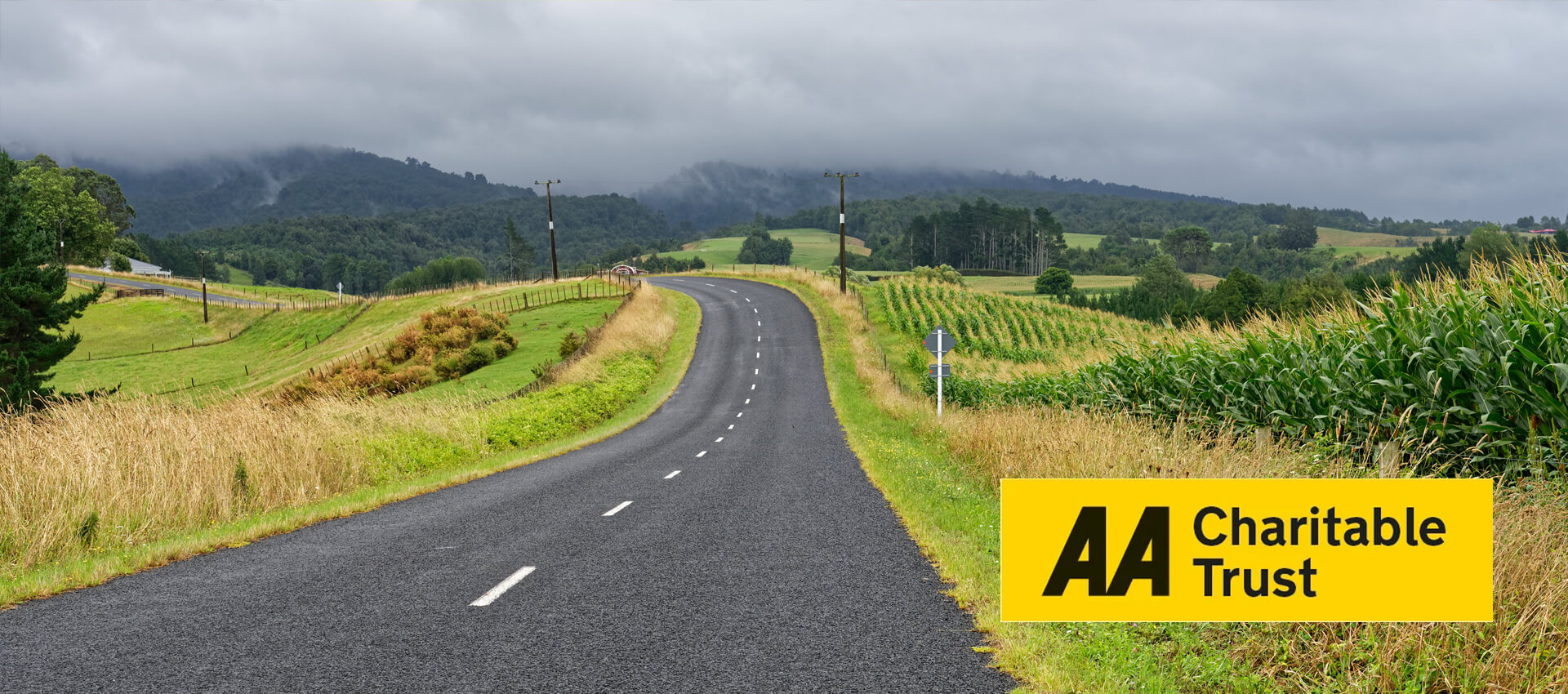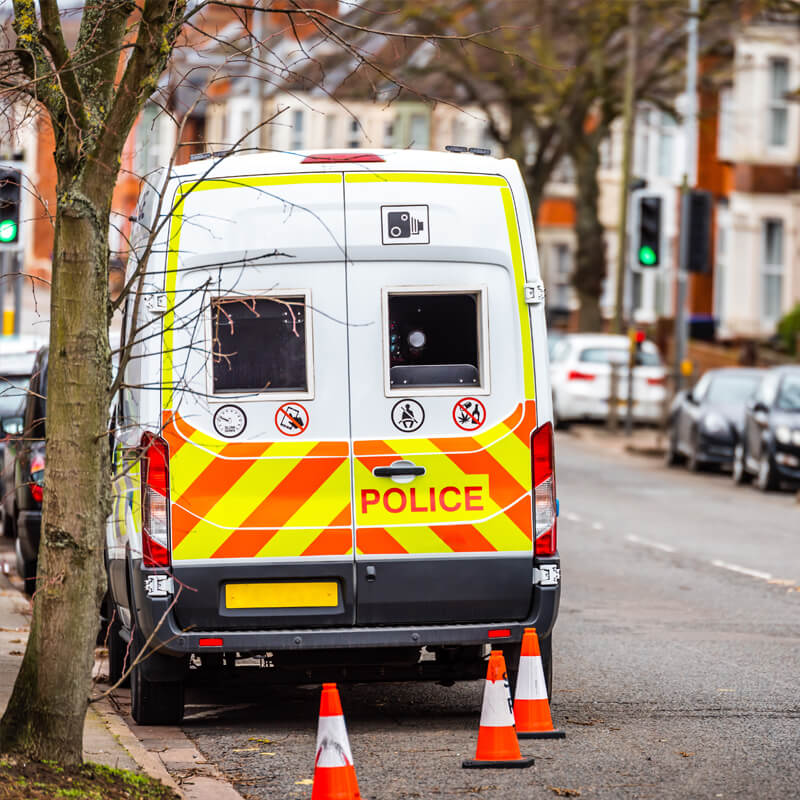Rural Road Awareness: Caitlin’s Story


We have teamed up with the AA Charitable Trust to highlight the danger of rural roads as part of their Rural Young Drivers campaign.
Caitlin Huddleston was just 18 when she tragically died in a car crash on the A595 in Cumbria on 14 July 2017. She was a front-seat passenger in the car, driven by her friend, who also lost her life.
Driving to a local Italian restaurant for dinner her friend lost control of the car on a bend and collided with a van. Neither driver was speeding, but according to the coroner, the newly qualified driver entered the bend, driving too fast for the wet road conditions. The crash was put down to inexperience. The third occupant of the car and van driver were both severely injured in the crash.
Eight in ten drivers underestimate the risk driving poses to young people’s safety. Road crashes are a much bigger threat to young people than drugs, gun and knife crime. It is important for younger drivers to know that they need to be extra careful on country roads.
- August is the riskiest month for crashes involving young drivers on rural roads with proportionally more crashes involving young drivers occur on rural roads in August than any other month. July, October and November are also concerning months.
- Proportion of crashes involving young drivers which are on Sundays is 9% higher on rural roads than on urban roads
- Single vehicle collisions account for 27% of all young driver crashes on rural roads compared to 15% for drivers of all ages.
- Substance impairment factors in 9% of young rural driver crashes on Sundays compared to 4% on all other days
Here are our tips on how you can stay safe on rural roads, no matter your driving experience:
Get the experience. Use your driving lessons to gain confidence in driving in these kinds of settings. Ask your instructor to cover rural roads in your lesson routes so you can experience the drive with support. Don’t wait until you have passed to drive on rural roads.
Don’t be put off by the weather. Being comfortable driving on country roads is great but you also need to take into consideration the different weather conditions that come into play too. If your lesson comes around and it is raining, don’t be tempted to cancel. Instead, use this valuable time to grow your confidence in driving on rural roads in these wet conditions.
Do you need a passenger? With every extra similar aged passenger, you’re four times more likely to crash, compared to driving alone. Before setting off ask yourself should I take this many people with me? Can somebody else take a car too to split the number up? Also, consider delaying giving lifts until you are a more competent driver. You don’t get the full experience of driving until you have actually passed, so please just take your time with these things.
Be a good passenger. If you are worried about getting in your friend’s car as a passenger, don’t do it. You are your own priority and shouldn’t be made to feel guilty for deciding not to get in a car with someone you don’t trust. If you do feel safe and are someone’s passenger, please be respectful. Do not be a distraction for them.
Think about when you drive. Fatal crashes are more likely to happen late at night or early in the morning.
Take your time. Slow down before bends in the road. You absolutely do not need to drive at the full speed limit, it is not a target. Drive at a speed you feel comfortable with. Don’t feel pressured by other drivers to maintain a high speed.
Be prepared and expect the unexpected. There could be people walking, cycling, animals on the road or tractors. You need to be going at a speed that you can maintain control in.
Do your homework. Use the AA’s interactive map here to locate dangerous roads near you. Avoid them or just take extra caution.
Think about these tips every time you go out in your car, passengers or no passengers. You need to always drive in the safest practice possible.
Don’t take risks, it really isn’t worth risking a life.


